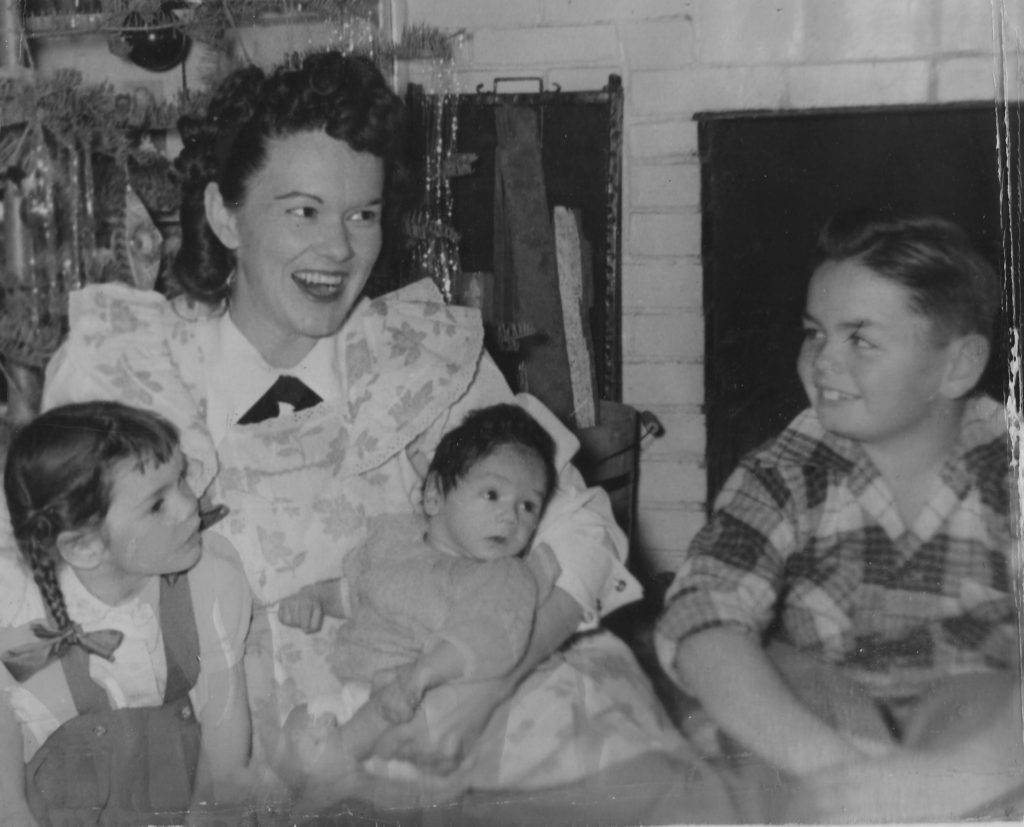Independence Day is this weekend. Traditionally, we celebrate the 4th of July by setting off fireworks in our yard or maybe in the middle of our court. Add a bit of alcohol to the participants, and carelessness can lead to injury and property damage. That’s why fireworks of all kinds, even the “Safe and Sane” variety, are banned in many places.
Here’s the thing. If they are banned, that means they’re illegal. If you set off illegal fireworks and they hurt someone or burn down your house, your homeowner’s insurance (or any insurance) will NOT cover you. You’ll be left to bear the financial burden totally yourself. (This, of course, is on top of the fine you’ll get.) If you burn down someone else’s house (or nearby business), their insurance company will pay to rebuild their home–then sue you to get their money back.
So, take this into consideration when those fireworks look so tempting. I hope you’ve learned what most of us have, that the idea that “it won’t happen to me” is totally untrue and a dangerous premise to base your actions on.
Please have a safe holiday without fireworks. My property and my dog will thank you.


